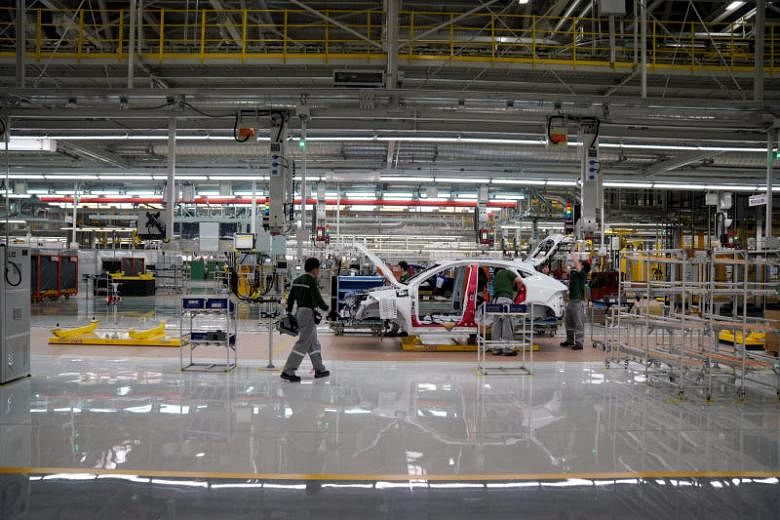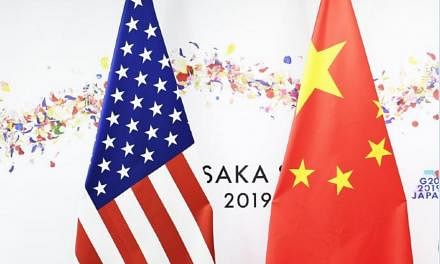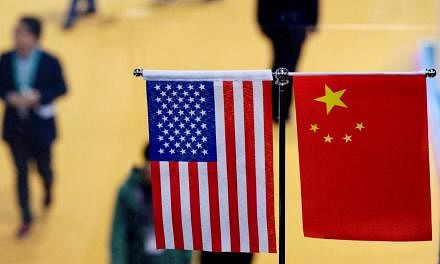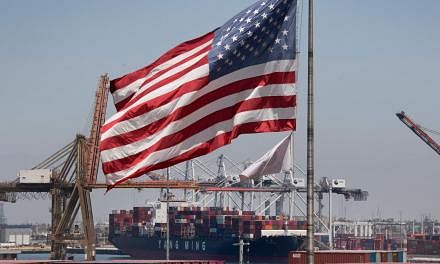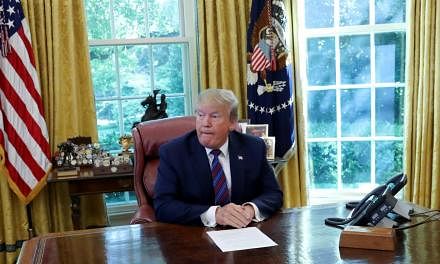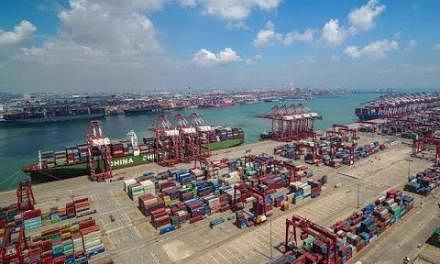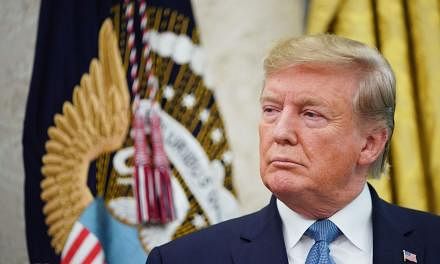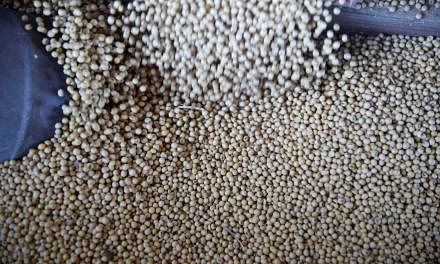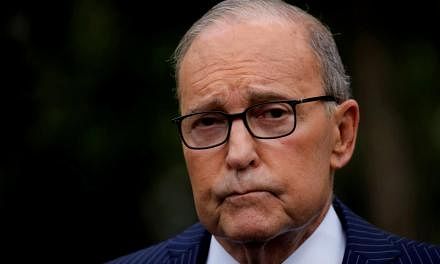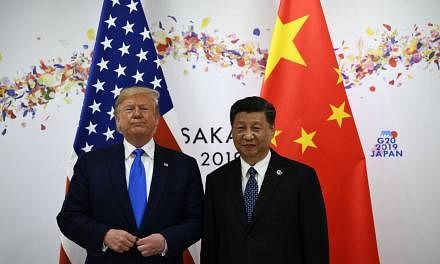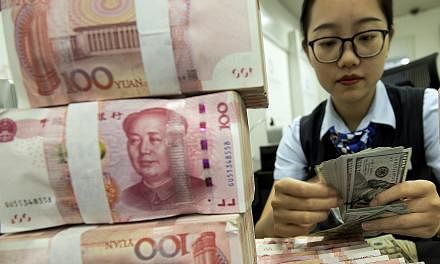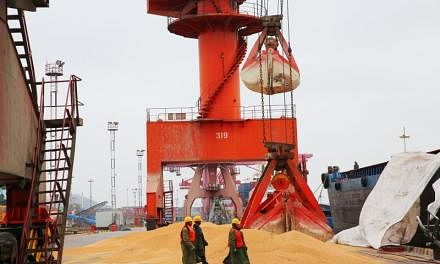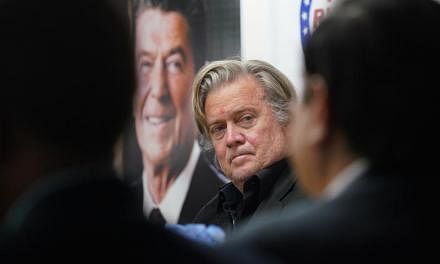BEIJING (AFP) - China has announced sectors of the economy where it will ease foreign investment rules, with leaders stepping up efforts to portray the country as opening up as they prepare for a possible trade war with the United States.
The new "negative list" outlines key reforms in the financial sector while dropping restrictions in areas including the car industry, agriculture, infrastructure and mining.
The list released on Thursday (June 29) by the National Development and Reform Commission (NDRC), which will come into effect on July 28, will reduce the number of fields with limits from to 48, from 63 last year.
But it also notes some sensitive areas such as culture and national security will continue to be protected.
The announcement comes after the government unveiled changes earlier this year, which were seen as a nod to the United States and other western nations that have complained about lack of access to the world's number two economy for years.
Among them are the cancellation of foreign shareholding caps for banks and allowing 51 percent control in some other financial fields for three years, after which restrictions will be scrapped.
However, critics say the policy comes with other limits that make only the largest foreign banks eligible for entry.
The list also removes curbs on petrol station ownership, cereal trading, and electricity infrastructure, while also easing restrictions in the auto, aircraft and ship-building industries.
The announcement comes as the world's two largest economies prepare next week to slap the first batch of new border taxes on tens of billions of dollars in goods from both countries, fanning fears of a potentially damaging trade war.
Facing outside protectionism, China must "make greater efforts to promote openness, promote reform, promote development, promote innovation through openness, and promote the further development of economic globalisation", the commission said in a statement.
"Investment cooperation between China and other countries and regions will be deepen further, with more extensive exchanges of capital, technology, management, and talents carried out."
Beijing's rhetoric is in sharp contrast to Washington, where officials have been considering ways to limit Chinese investment and even the flow of some Chinese nationals to US universities.
Beijing has been keen to portray itself as the wronged party, repeatedly saying it does not want a trade war but will hit back with equal strength if forced into a corner.
Officials also released a white paper Thursday mounting a full-throated defence of its pledged reforms and promises since joining the World Trade Organization in 2001.
"China has steadfastly carried out every promise made upon entering the World Trade Organization," vice commerce minister Wang Shouwen said when introducing the report, and challenged countries that don't agree to "sue us at the WTO".
The 27-page white paper, titled "China and the World Trade Organisation" is delivered in four sections: "China has faithfully fulfilled its WTO accession commitments"; "China firmly supports the multilateral trading system"; "China's significant contribution to the world after accession to the WTO"; and "China is actively advancing opening up to a higher level".
While the State Council makes no mention of Trump in the white paper, its main statements read like a defence against many of his complaints about China, reported South China Morning Post.
Trump tweeted in April, for example, that: "China, which is a great economic power, is considered a developing nation within the World Trade Organisation. They therefore get tremendous perks and advantages, especially over the US. Does anybody think this is fair. We were badly represented. The WTO is unfair to US."
Wang, a key member of the Chinese team involved in trade talks with the US, said at a news briefing about the white paper that "no WTO member has suffered losses because of China's entry into the organisation" in 2001.
